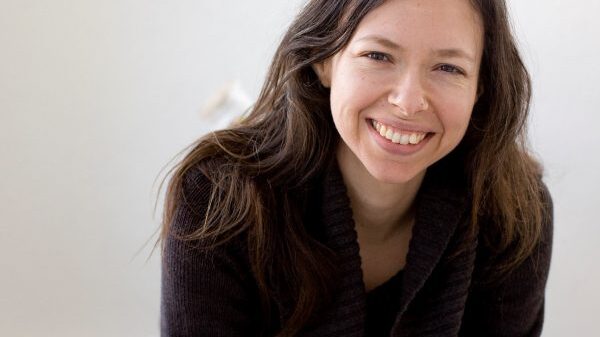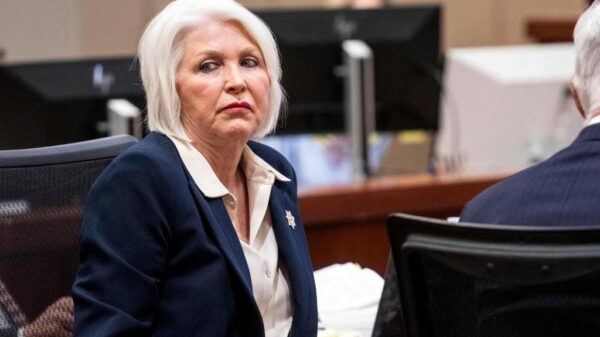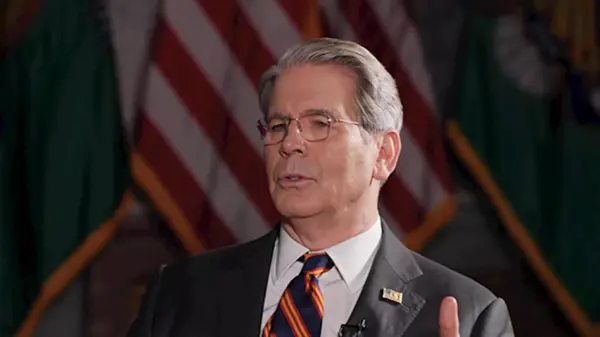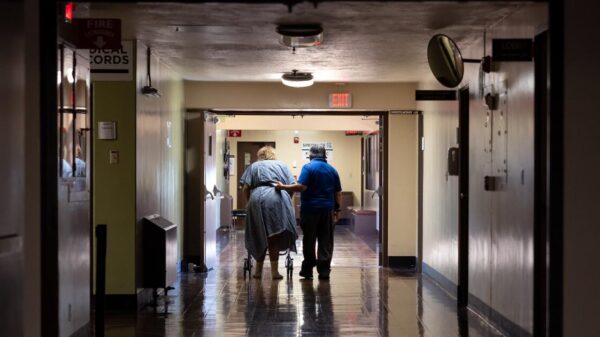In a striking contrast to her professional persona, Claire, a successful attorney, is grappling with a profound career dilemma. By day, she commands boardrooms in tailored suits, but come the weekend, she retreats to a small town in Michigan, where she immerses herself in painting. This dual existence has left her sister, who wrote to advice columnist Annie Lane, uncertain about how to support Claire’s aspirations without jeopardizing her established legal career.
Conflicting Lives and Aspirations
Claire has spent over 15 years building her reputation in the legal field. Despite her success, she feels a pull towards her artistic side, a passion she has kept hidden from her colleagues. Recently, she revealed her desire to quit her law firm to pursue painting full time, prompting concerns from her sister about the risks involved.
Claire’s husband remains skeptical of her artistic aspirations, labeling them as merely a “phase.” This skepticism adds another layer of complexity to Claire’s situation. The emotional struggle is palpable; while she finds joy and fulfillment in her weekend painting retreats, she is also aware of the potential costs of abandoning a stable career.
Her sister, caught between logic and love, faces a dilemma: should she encourage Claire to take the leap towards her passion, or remind her of the hard work and dedication that has gone into her legal career?
The Importance of Financial Considerations
Before making such a significant change, it is essential for Claire to evaluate the financial implications of her decision. Questions arise regarding whether her husband’s income can sustain their family if she transitions into a full-time artist. According to expert advice, it is critical to consider whether she could return to her legal career without significant damage to her professional standing if her artistic endeavor does not succeed.
While passion is a powerful motivator, practical realities must also be taken into account. A gradual transition could provide a solution—balancing her time as a part-time attorney while exploring her artistic talents. This approach would allow her to test the waters of a dual career without sacrificing her established profession.
Ultimately, the decision lies with Claire, but the support of family and friends can play a pivotal role in navigating this challenging crossroads. As she reflects on her future, the dialogue with her sister may help illuminate the path that aligns with her true self.
For those interested in similar dilemmas, Annie Lane offers further insights through her ongoing columns, addressing various personal challenges faced by readers. Her platform encourages open discussion and provides thoughtful advice on balancing personal aspirations with practical life considerations.
As Claire contemplates her future, the outcome of her journey remains to be seen. Will she choose to embrace her artistic calling, or will she remain anchored in her legal career? The balance between fulfillment and practicality is a delicate dance faced by many in today’s fast-paced world.



































































